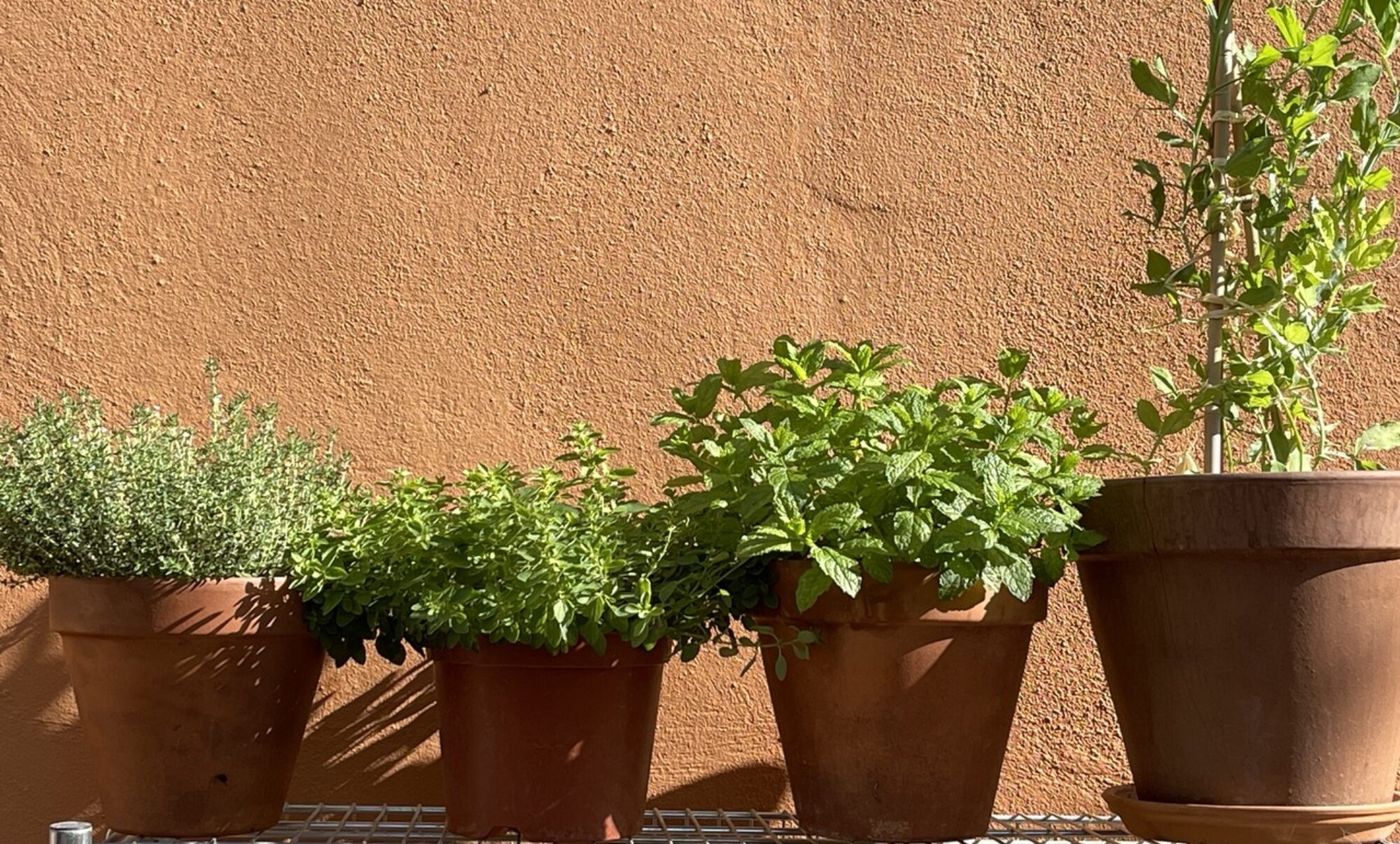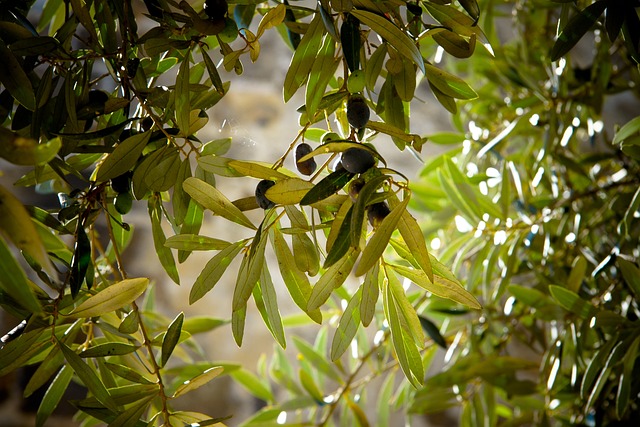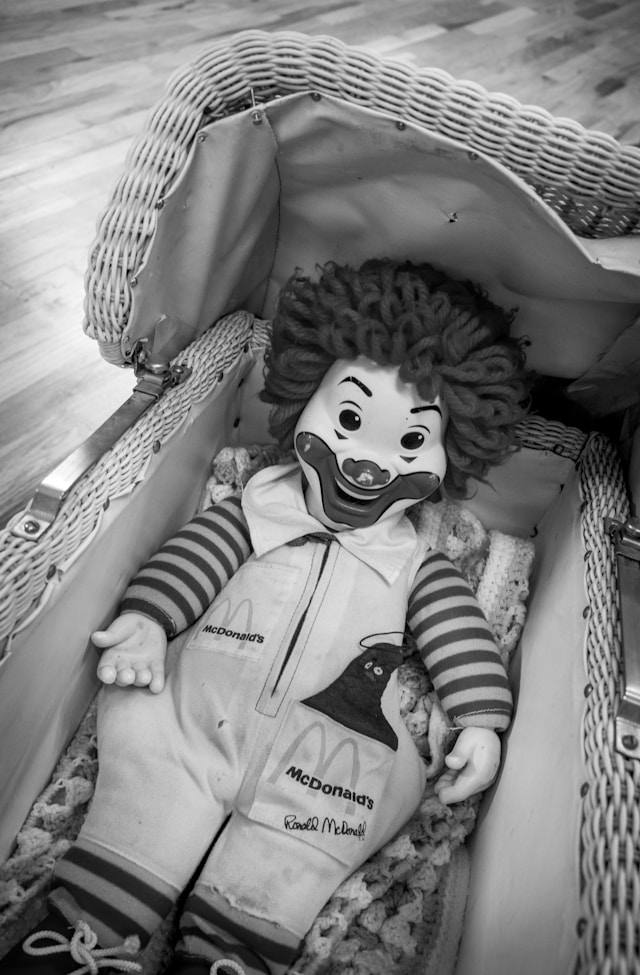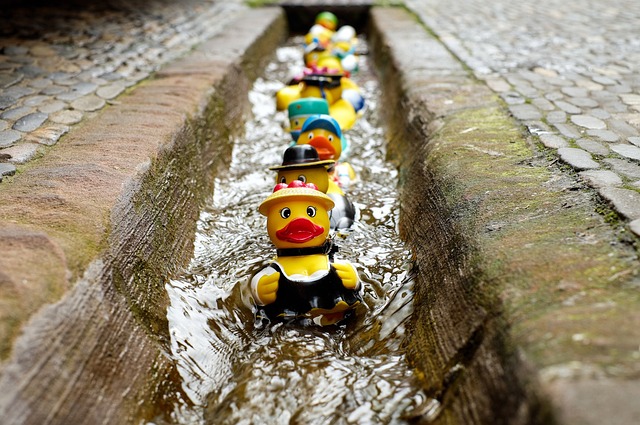The summer arrives with a punch around Valencia.
The transitionary seasons don’t last long – Spring seems to rush by and the pleasant early 20c temperatures are all too short. And those lovely autumnal days are few and far between.
When summer comes , it hits you straight between the shoulders.
Temperatures begin to flirt with the late 20s and test out the lower 30s. And once you’re over 3O, you have to start taking things seriously.
Many Northern Europeans don’t get the heat. They don’t get how hard you have to work to avoid being affected by long term high temperatures. They would never contemplate going out on a cold day in Iceland with shorts and sandals. You can see the cold right?
Yet many people will go out unprepared on a very hot day, including not drinking enough water, downing too much alcohol, wearing inappropriate clothes and exerting themselves too much.
A good tip is watch the locals – see what they do. Mostly it’s up early, stay hydrated, have a siesta in the high heat and only come out at night when the temperatures have dropped. If we go out into the town at night, you´ll see pockets of people, almost like refugees, sitting outside, trying to catch a cool breeze.
And fight the temptation is open the windows and let the illusionary breeze in. The air is hot and once you let it, you´ve had it. The room and house will quickly heat up and will take a long time to cool down. The trick is to shut the windows, bring down the blinds, close the curtains and keep the doors firmly shut. Keep it dark and cool – it’s counter institutive for us northern europeans, but it does work.
When you go out, there´s also a list of things to do.
When walking, try to find the shade. There´s usually one side of the road which will be shaded. Don´t sit in the sun, always go under a canopy, or a shade. If you see a cafe or restaurant table in the sun, don´t be tempted. The locals seek the shade, you must do the same. In winter you seek the sun, in summer you seek the shade. It´s a bit of a dance as the seasons progress.
One of our favourite cafes has a long line of tables along its main wall – it faces the sun. In winter it’s a wonderful place to sit and catch some rays. In summer, even with a wide shade extended from the wall, it can be an ordeal to sit there, trying to not let the heat beat you up.
The Spanish owners are incredulous that we still like our coffee piping hot, even on ultra sunny days.
Don´t go on walks/hikes/jogs in the sun – if you do, take plenty of water and never go without your phone. Over-heating is a very serious condition. If your core over-heats, then your brain struggles to make decisions and you could end up doing stupid things.
Wear clothes that are made from natural fibres, are light and loose-fitting. Have some flesh out there, as it will help you cool. But, be careful about exposing too much flesh. In the non-tourist areas especially, the Spanish can be a little prudish about too much bare skin. We´ve seen police ask men to put their shirts back on – going topless is best for the beech, not the streets.
Also, change your way of coping with the heat. Don´t make sudden movements, don´t have freezing showers, don´t drink a gallon of cold water in one and don´t eat too much hot food. When you walk, do it with a lanquid grace, because you don´t want to get a sweat on.
So remember, the heat is a challenge and can be a danger – treat it with respect and you be good.




